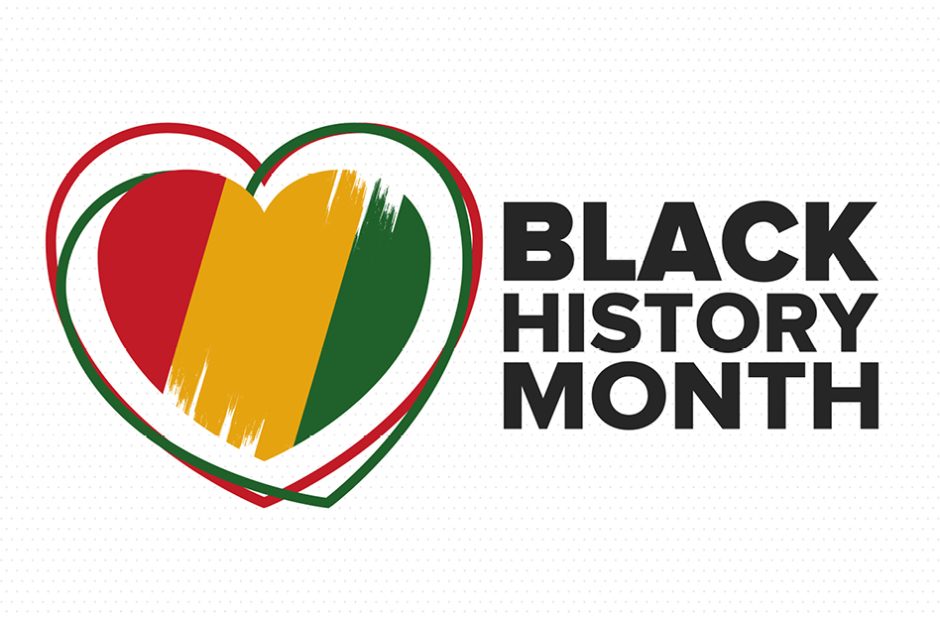The early 1900s paved the way for the first Black credit unions as a part of the credit union movement taking place across the country. This movement portrayed an effort to promote financial literacy and economic self-sufficiency for poor farmers and urban groups.
Black leaders have played an essential role in the credit union movement, a cause for people helping people, and providing financial literacy and education to uplift those in underserved communities to in turn, improve their lives.
During the U.S. civil rights movement, Black credit unions continued to grow and develop as the nation navigated changing attitudes and tolerance. Martin Luther King Jr, along with the Montgomery Improvement Association actually applied for a credit union charter in 1950, but unfortunately they were not approved due to plans that involved a field of membership that was too large.
Through the 70s many credit unions closed due to a lack of support, resources, and business planning. The National Federation of Community Development Credit Unions was created in 1974 to protect the interests and provide much-needed resources to credit unions in low-income areas, often consisting of Black neighborhoods at the time.
In 1999, the African American Credit Union Coalition was established to support the credit union movement’s Black leaders. The organization provides personal and professional development as well as a platform for voices to be heard for the economic improvement of under-served communities.
As we move to the future, we at White Rose Credit Union, celebrate the differences that make us special and appreciate the contributions of Black people to not only the credit union movement but U.S. history as a whole.
Bonus: Celebrate Black History Month right here at home.
- Explore a list of resources about Black History in York County by clicking here.
- Explore York County Library Educational resources by clicking here.









